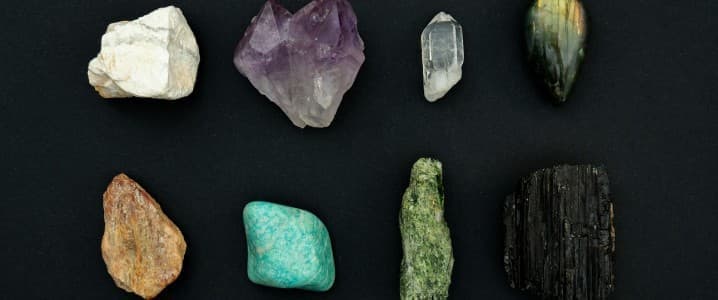African Nations Lead in Critical Mineral Supply
Several parts of Africa have a long history of mining, with the sector contributing high levels of employment across the continent. As the demand increases for critical minerals – needed to fuel a green transition, mining companies are increasingly showing an interest in Africa for its vast untapped resources. Several countries could benefit from this increase in demand by developing their mining and processing industries to add value to the raw materials, which many have previously been unable to accomplish due to a lack of funding for greater industrialisation.
Africa is home to vast untapped reserves of critical minerals, however, accessing these deposits requires high levels of funding and mining expertise. South Africa and Zimbabwe have significant Platinum group metals, needed for green hydrogen and decarbonising heavy transport, heating, and industry. The two countries also hold chromium, which is used for solar power, geothermal, nuclear, hydropower, and wind technologies.
Some estimates suggest that Africa may contain roughly 30 percent of the world’s critical minerals, although the true extent may be even higher as vast areas remain under-explored. Several countries across the region have cobalt and manganese reserves, required for lithium-ion batteries for electric vehicles and utility-scale energy storage, as well as solar power, wind, and hydro technologies and geothermal energy generation systems. Africa holds around a fifth of the world’s natural graphite.
At present, mining activities in Cote d’Ivoire, the Democratic Republic of Congo, Gabon, Ghana, Madagascar, South Africa, and Zambia help provide vast supplies of these critical minerals. Namibia, Mali, and Tanzania all have significant graphite and lithium potential, already providing some of the world’s supply. And Guinea is the biggest global producer of bauxite, the main raw material for aluminium.
The global demand for rare earth minerals is expected to quadruple by 2030. Eight new mines are currently under development in Angola, Malawi, South Africa, and Tanzania, with operations expected to launch by 2029. These eight operations are expected to contribute around 9 percent of the world’s rare earth mineral supply. By the end of the decade, the African continent is projected to produce 10 percent of the world’s rare earth minerals, up from less than one percent in 2020.
Veronica Bolton Smith, CEO of the Critical Minerals Africa Group, stated, “The global energy transition is already creating massive demand for lithium, cobalt, and other minerals.” She also stressed that the International Monetary Fund has forecast that critical minerals could add at least 12 percent to the continent’s GDP by the mid-century. However, achieving this figure will require high levels of private investment in the sector, across several countries.
At present, China produces over two-thirds of the world’s rare earth minerals, meaning it holds a monopoly on the supply of raw materials needed to support a green transition. As several high-income countries seek to boost their energy security and reduce their reliance on China, many are looking to develop alternative mineral mining operations to secure their supply. Several countries in Africa have the potential to develop partnerships with U.S., European and other international mining companies to help boost their critical mineral supply, seeking investment in renewable energy and value-adding operations in exchange.
Adding value to these critical minerals could help several African countries to develop their economies and workforce. A January World Economic Forum publication suggests that if the African region could capture a small share of the global battery manufacturing market, it could create between 500,000 and 1 million jobs, helping to reduce unemployment and the outflow of skilled labour. Expanding Africa’s industrial activities will push the region’s energy demand up, which could provide countries with the opportunity to seek foreign investment to develop their renewable energy sectors to support these value-added operations.
The approach to mining in the region has already begun to shift to benefit African countries. In 2022, the Zimbabwe government banned the export of raw lithium. The government told potential buyers that if they wanted the lithium, they must invest in developing car battery manufacturing facilities in Zimbabwe.
However, to ensure access to development opportunities and support a global green transition, foreign investment in African mining must be approached equally and sustainably. Free trade agreements, local benefits, and a departure from the historic patterns of extraction, where external powers profit while African communities bear the brunt of the costs, must take place to promote equal partnerships and help avoid green neo-colonialism.
There are vast, largely untapped reserves of critical minerals across Africa. Several countries across the continent hold massive deposits of the metals and minerals needed to support a global green transition. While some countries have already established mineral mining activities, others require high levels of private investment to tap into these precious resources. However, new projects should be approached with care to ensure that all sides benefit from the mining operations, with countries providing a much-needed supply of critical minerals in exchange for investment in value-added operations and the development of a renewable energy sector.








